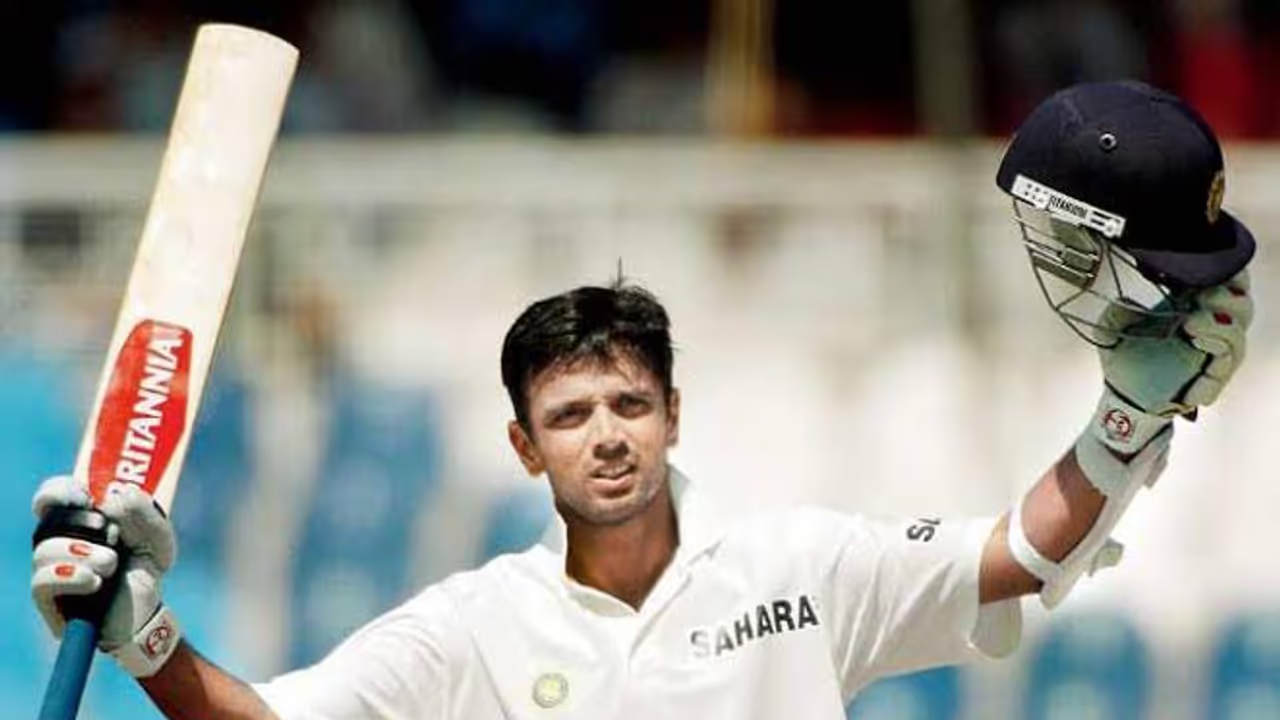Rahul Dravid, fondly known as "The Wall," is one of Indian cricket's most respected figures. Raised in Bengaluru and born in Indore on January 11, 1973, Rahul Dravid is renowned for his impeccable technique, patience, and team-first attitude. Over a stellar 16-year career, Dravid scored over 24,000 international runs, including 36 Test and 12 ODI centuries.
A selfless player, he also served as captain and wicketkeeper when needed. Post-retirement, Dravid continues to shape Indian cricket as a mentor and the national team’s head coach. Admired for his humility and sportsmanship, he remains a global inspiration.
1. Early talent in Hockey:
Rahul Dravid was a skilled hockey player during his school days and even represented Karnataka at the junior level before focusing on cricket.
2. First Indian to score a century in all test-playing Nations:
Dravid was the first Indian cricketer to score a Test century in all 10 Test-playing nations, a rare feat showcasing his adaptability.
3. Nicknamed "Jam":
While most people know him as "The Wall," Dravid’s teammates affectionately nicknamed him "Jam" because his father worked at Kissan, a company famous for its jams and preserves.
4. A Postgraduate Aspirant:
Dravid was academically inclined and planned to pursue an MBA before his cricket career took off.
5. One of the first Indian players in Scottish cricket:
In 2003, Dravid played for Scotland’s Saltires team in the National League, becoming one of the first Indian cricketers to play in Scotland.
6. Debut as a substitute fielder:
Dravid made his international debut as a substitute fielder during a one-day international match against Pakistan in 1996 before his official debut in whites later that year.
7. Involved in one of Cricket’s longest partnerships:
Dravid, along with VVS Laxman, scripted a legendary 376-run partnership against Australia in the 2001 Kolkata Test, one of the greatest turnarounds in cricket history.
8. First Indian to face 30,000+ balls in tests:
Known for his patience, Dravid faced over 31,000 deliveries in his Test career—the most by any batsman in the format.
9. A children’s book was written about him:
A children’s book titled "Rahul Dravid: Timeless Steel" was published in his honour, showcasing his journey and values.
10. A rare wicket-keeper: While primarily a batsman, Dravid donned the wicket-keeping gloves for India during the early 2000s, especially in ODIs, to provide flexibility to the team's lineup.
